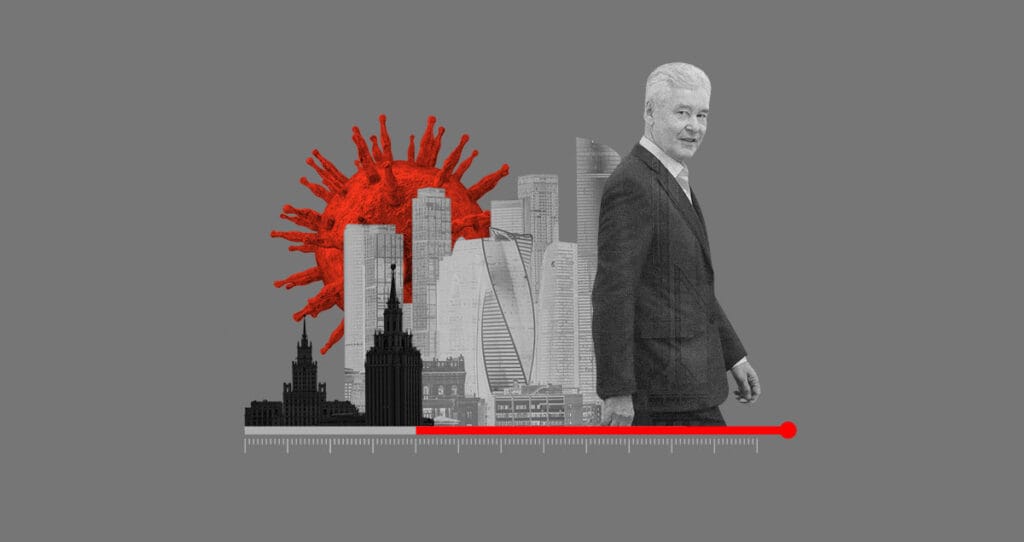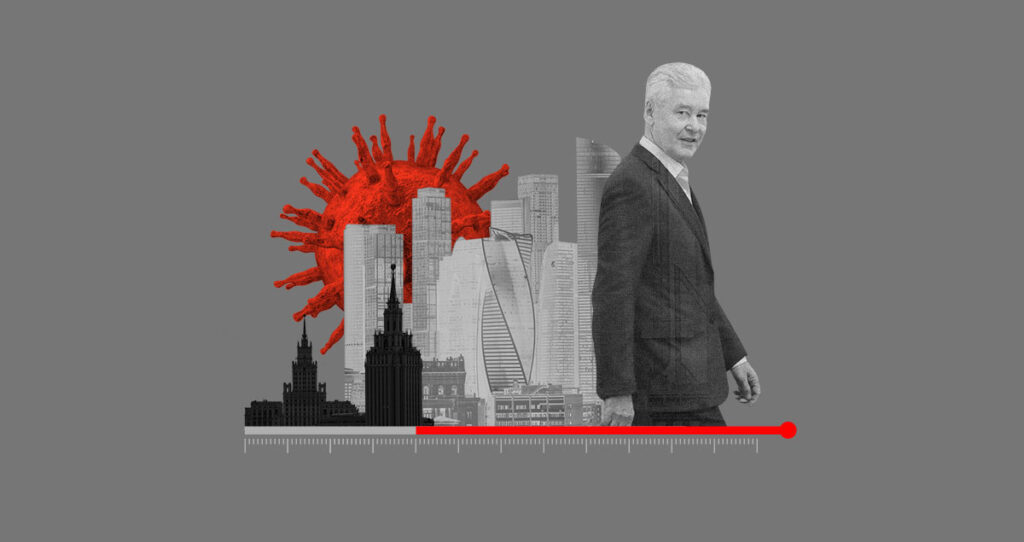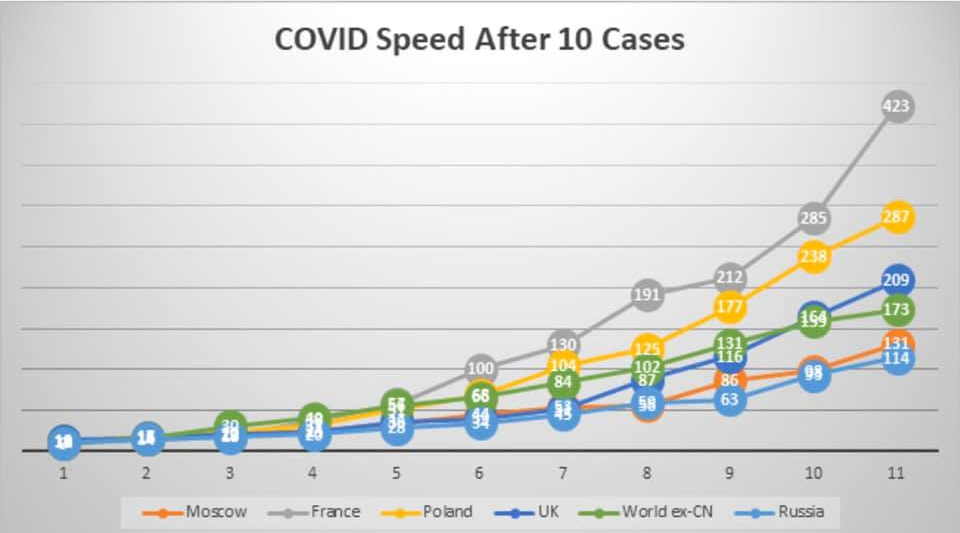
Testing, panic buying & indifference: Russia battles coronavirus
Until very recently, there were very few cases of Covid-19 in Russia. There are various theories for this, from smart protective measures to a dysfunctional testing system. But the epidemic really took hold this week when the number of new cases started rising by 30 a day — and it has been growing exponentially since then. The number of confirmed cases reached 253 on Friday. The vast majority of them are in Moscow.

Strategy. At first, Russia only tested those arriving from China, South Korea and Iran if they showed symptoms (meaning many tourists from Italy were not tested). Later, the list of the countries was expanded, but, still, most arrivals were not tested. It is currently impossible to get a voluntary test, unless you have severe symptoms.
Until this week, there was only one center processing Covid-19 tests. “Russia got stuck because of a fight between different agencies within the healthcare system,” a source told The Bell. Eventually, a consensus was found, and the approach changed dramatically.
Now, another research institute is developing a test. And it will soon be possible to get a voluntary test from private healthcare company Invitro. The Russian Direct Investment Fund announced Monday that it will invest in a super-speed test that can be done in 30 minutes – this got approval from the Health Ministry in a record 3 days. It was also announced that everyone in Russia will be able to get tested, but the logistics are still very vague.
Panic buying. As the number of cases has surged, so has panic buying. Like other parts of Europe, there have been reports of hand sanitizer, toilet paper, pasta, rice, tinned goods, salt and sugar disappearing from shelves. But the item that has been most in-demand amid the growing fears over coronavirus and the falling ruble is buckwheat. Stores across Russia have sold out of the grain, and photos of empty shelves circulated widely across social media. The beloved buckwheat is relatively cheap, and is eaten on its own with butter, milk or oil, or as an accompaniment to meat or fish. While the traditional go-to food in times of crisis, experts (Rus) say Russians actually only eat on average about 3 kilograms of buckwheat a year, meaning that much ends up going mouldy at the back of cupboards.
The authorities sought to calm fears about food shortages. Putin said Tuesday that there was no need to hoard food, and that the situation was stable and, two days later, Trade and Industry Minister Denis Manturov said retailers have supplies for at least two months. Many were quick to point out that two months is not a long time in coronavirus-terms, and officials even addressing the topic of food shortages is very scary for most people.
Casual attitudes. The first serious anti-coronavirus measures were imposed this week as Moscow banned gatherings with more than 50 people. But the metro is still operating and the constitutional change referendum scheduled for 22 April has not been postponed. While schools and universities are closing across the country and many companies in Moscow are sending their employees to work from home, the majority of shops and restaurants remain open as usual.
Outside Moscow, there is a lot of evidence to suggest that coronavirus is seen as an imaginary threat. The most iconic example (Rus) was an infectious disease specialist from the city of Stavropol in southwest Russia who came back from Spain and continued working – until she was hospitalized with suspected coronavirus.

Most speculation this week focused on whether Moscow is going to be sealed off (all transport shut down, no-one allowed in or out). The authorities are actively considering such a step, according to Vedomosti — though City Hall later denied this. According to news outlet Baza it may be implemented when the number of cases hit 800.
So far, the most serious measure has been Russia’s decision to close its borders to all foreigners from Wednesday. Meanwhile, hundreds of Russian tourists got stuck abroad because of closing borders and astronomic airfares — one Aeroflot flight from Athens to Moscow was on sale (Rus) for $6,200. Few evacuation flights have taken place.




